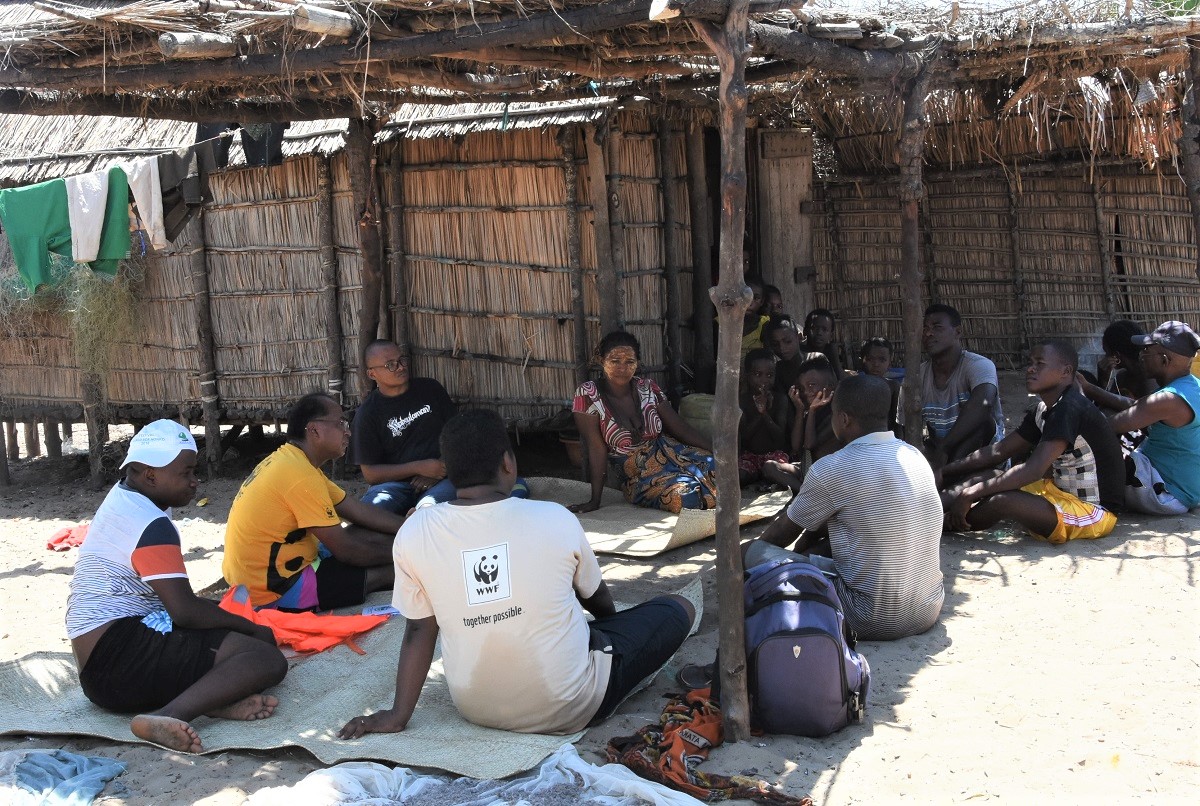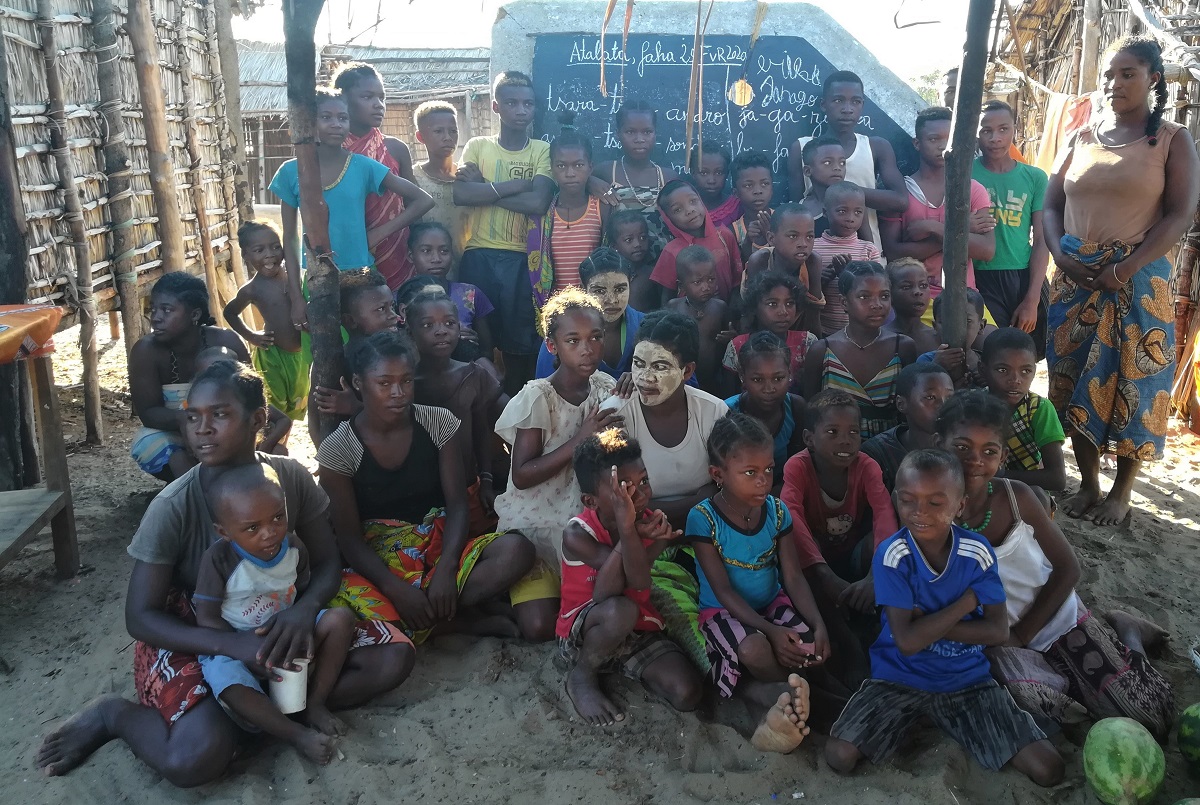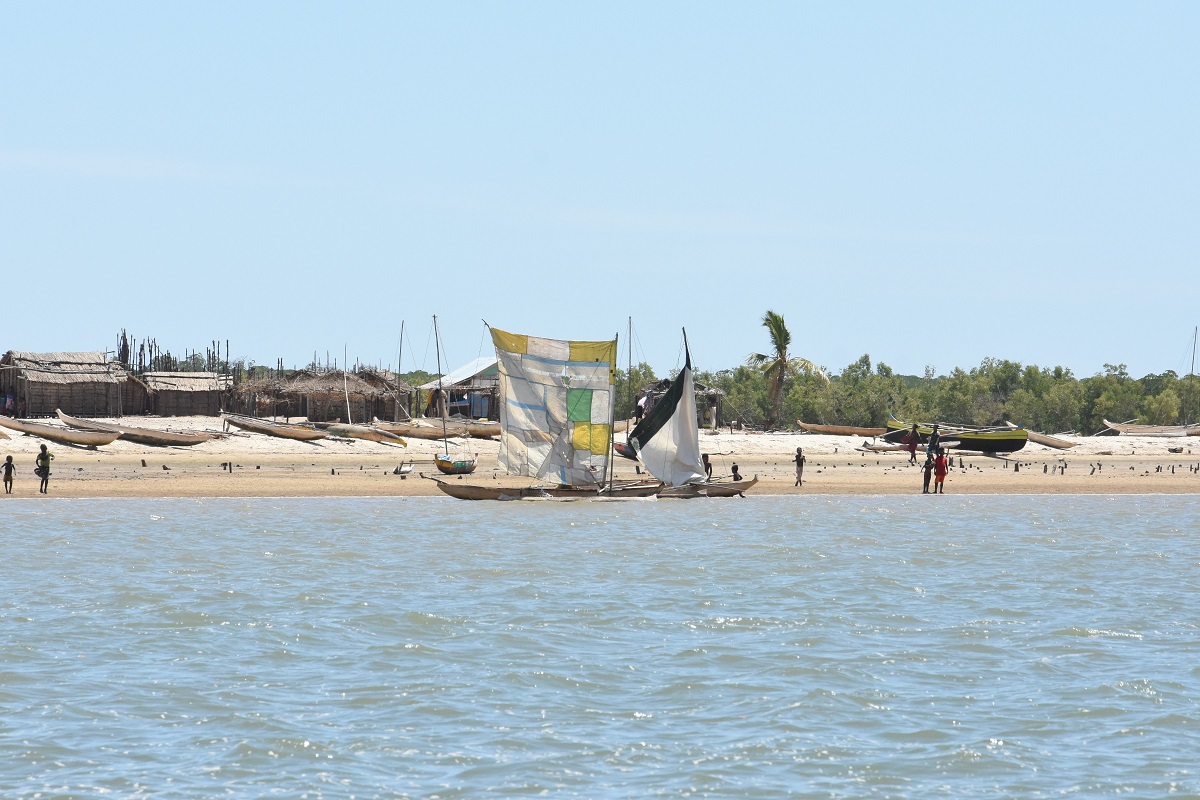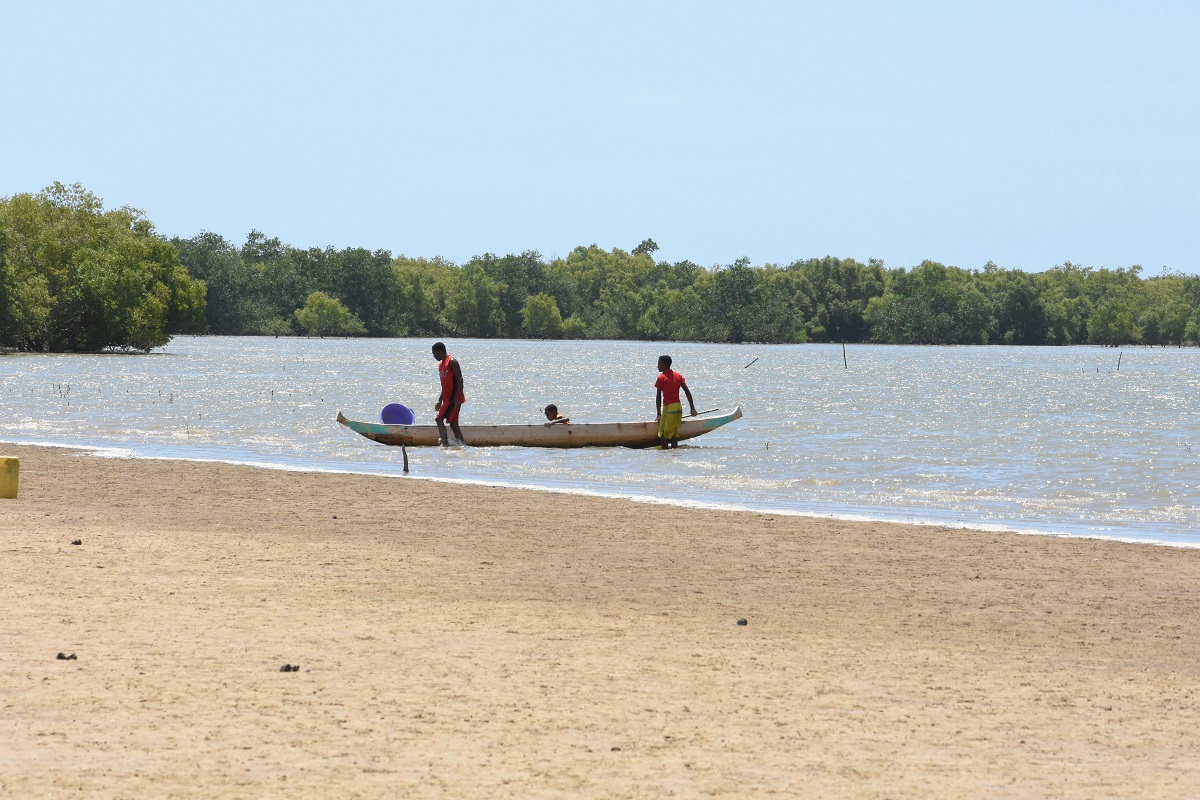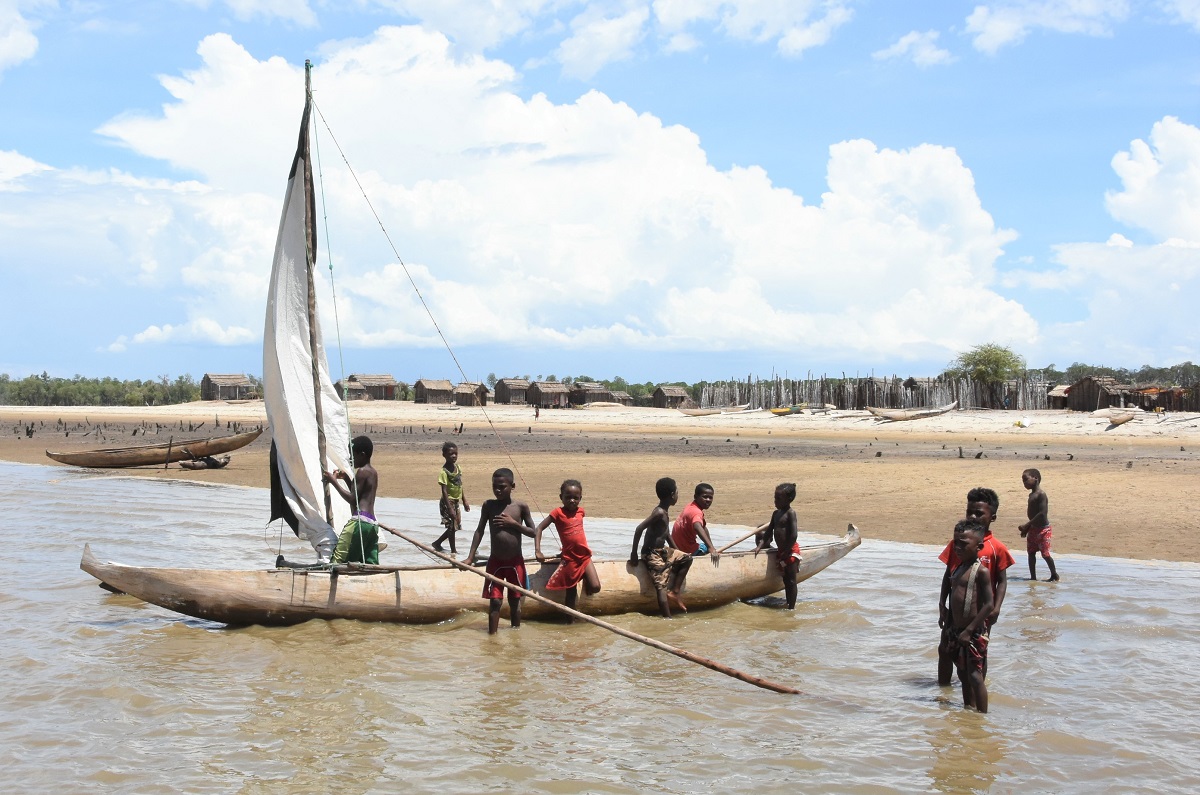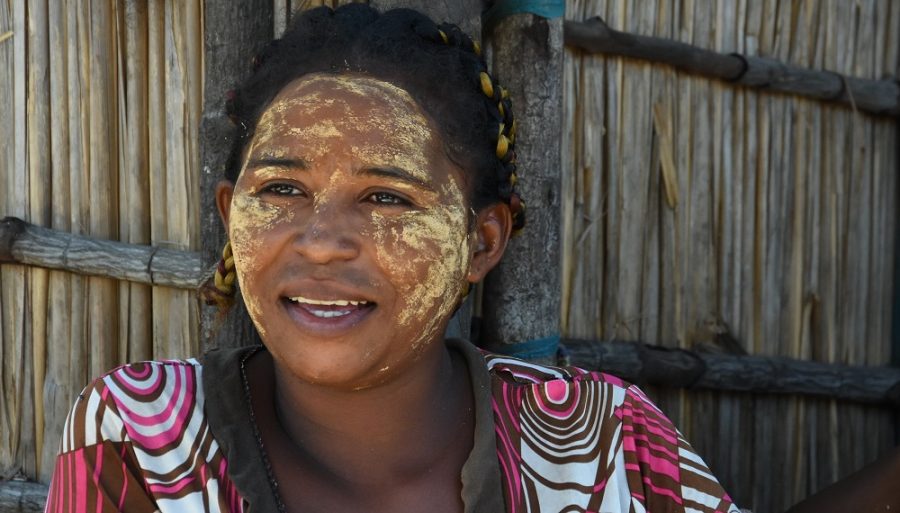Mialisoa Raharimanana, WWF-Madagascar:
Ernestine’s village, Marohata, is only accessible over sea, which makes her a key person in the communication with the rest of the community. She has an important role in raising awareness about a sustainable use of marine resources, mangrove restoration, the importance of monitoring catches and other conservation topics.
Marohata is one of the nine communities with which WWF-Madagascar is working under the sustainable coastal fishing project, a collaboration of Blue Ventures, MIHARI and WWF. With the support of WWF staff in the field, the Marohata community developed an annual work plan for the fishers’ association to set a strategy for sustainable development. Besides the abolition of destructive fishing practices, the successful collaboration also led to the implementation of management structures, including monitoring tools and surveillance through community patrols.
The next step is to consolidate the conservation achievements in Marohata. WWF-Madagascar will continue its activities to strengthen and support coastal communities so they can take full ownership of their marine resources. As Ernestine said, community members have to be healthy to be able to protect their resources. Due to the isolation of Marohata, its residents seek to improve their health care system as part of a sustainable way of life.
